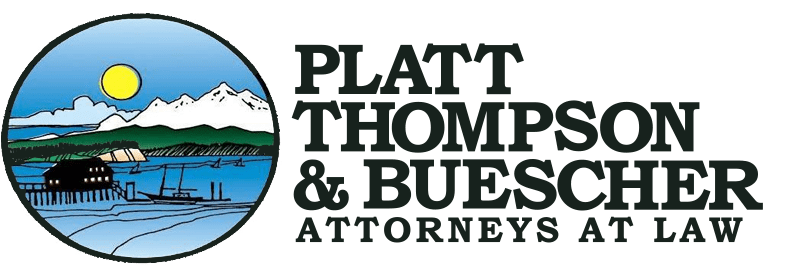Personal Contact Phase of DUI Detection
After stopping a vehicle, the officer will look for evidence of alcohol or drug consumption. Officers are trained to look for: blood shot or watery eyes, fumbling, alcohol containers, slurred speech, admissions of drinking, and odors of marijuana or alcoholic beverages emanating from the person’s vehicle or breath. Many of these “clues” may appear for reasons other than alcohol consumption.
Based on their training, officers may also ask for two things simultaneously, ask interrupting or distracting questions, or ask unusual questions. Their goal is to determine whether the driver is able to display “divided attention” (which is indicative of impairment in theory). But testing or tricking drivers without their knowledge is not necessarily an accurate or fair indicator of intoxication. Many, many different factors can cause some or all of these “clues”. Everything from Alzheimer’s to lack of sleep can cause confusion.
Officers are also trained to watch how a driver exits the vehicle. They look for such things as leaving the door open, “climbing” out of the vehicle, grabbing the door to exit, or leaning against the vehicle. However, many of these clues are innocuous and may appear for reasons other than alcohol consumption. Hip replacement surgery and arthritis come to mind.
Pre-Arrest Screening Phase of DUI Detection
During this phase the officer will ask the driver whether he or she will submit to a series of “voluntary” standardized field sobriety tests (SFSTs). In Washington, a driver has no legal obligation to perform a SFST. City of Seattle v. Stalsbroten, 138 Wash. 2d 227, 237, 978 P.2d 1059, 1064 (1999). But the Washington Supreme Court has held that admitting evidence of a defendant’s refusal to perform SFSTs does not offend the Fifth Amendment right against incrimination and that it is constitutionally permissible to admit evidence of a defendant’s refusal to take a field sobriety test. Stalsbroten, 138 Wash. 2d at 237-239. Additionally, evidence of a driver’s refusal to perform SFSTs may also not offend the Fourth Amendment. State v. Mecham, 186 P.3d 128 (2016).
Individuals should consider politely refusing SFSTs notwithstanding the potential admissibility of the refusal. The driver should consider explaining the refusal (e.g. advice of counsel, injury, medical conditions, including illness, fatigue, sore muscles, and other valid reasons tending to indicate the test would be unfair). It seems in real life few persons “pass” SFSTs administered by officers in the field notwithstanding lack of intoxication.
The SFSTs officers use include the (1) Horizontal Gaze Nystagmus Test (HGN); (2) Walk and Turn; and (3) One Leg Stand. Upon completion of these SFSTs the officer typically requests the person submit to a “voluntary” portable breath test (PBT). It should be noted that a refusal to submit to a PBT should not be admissible as evidence of guilty knowledge. See City of Vancouver v. Kaufman, 10 Wash.App.2d 747 (Wash. Ct. App. 2019).
Contact the DUI defense attorneys at Platt, Thompson and Buescher today to talk about resolving your DUI charge. Our DUI attorneys serve Oak Harbor, Island County, Bellingham, Burlington, Mt. Vernon, Whatcom County, Skagit County, Seattle, King County, and greater western Washington. Call our Coupeville office to schedule an appointment by at 360-474-3994 or contact us online.

